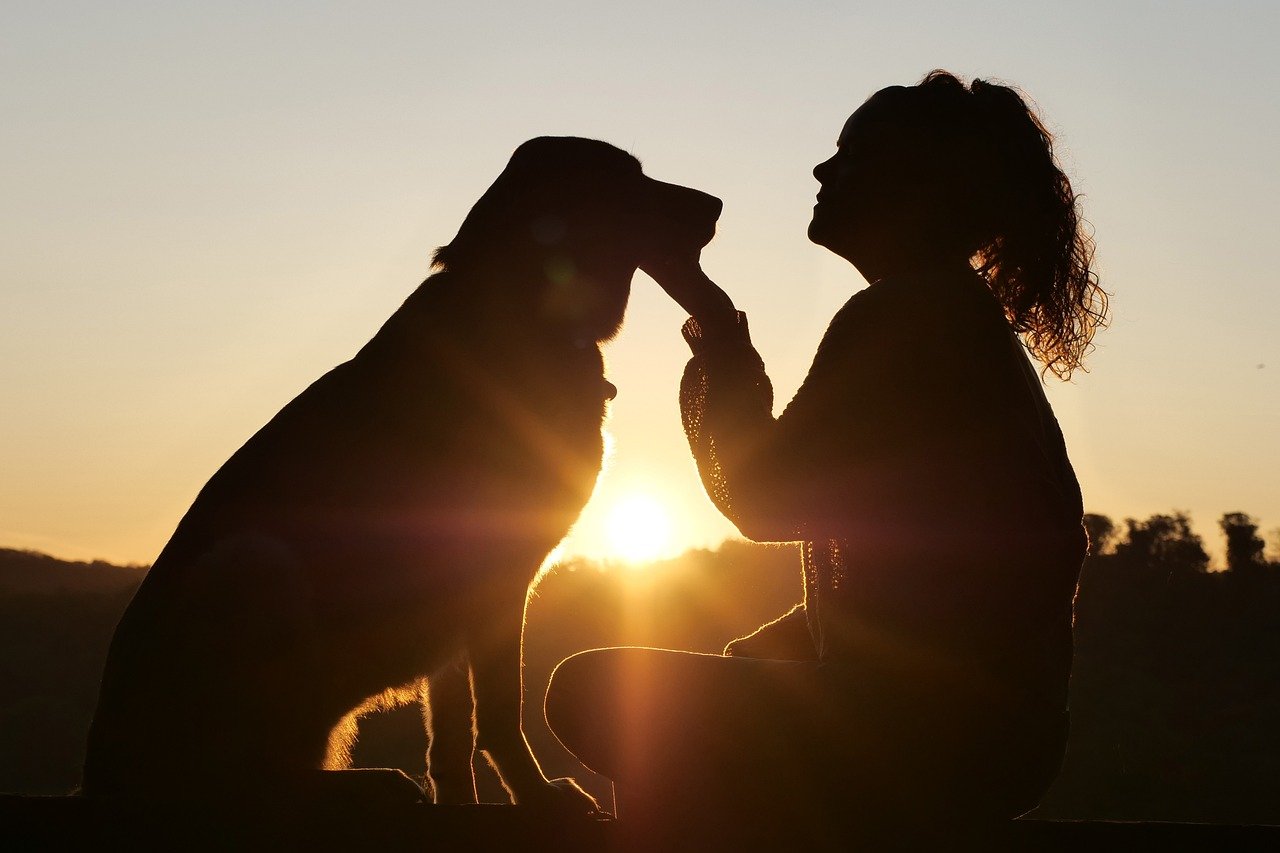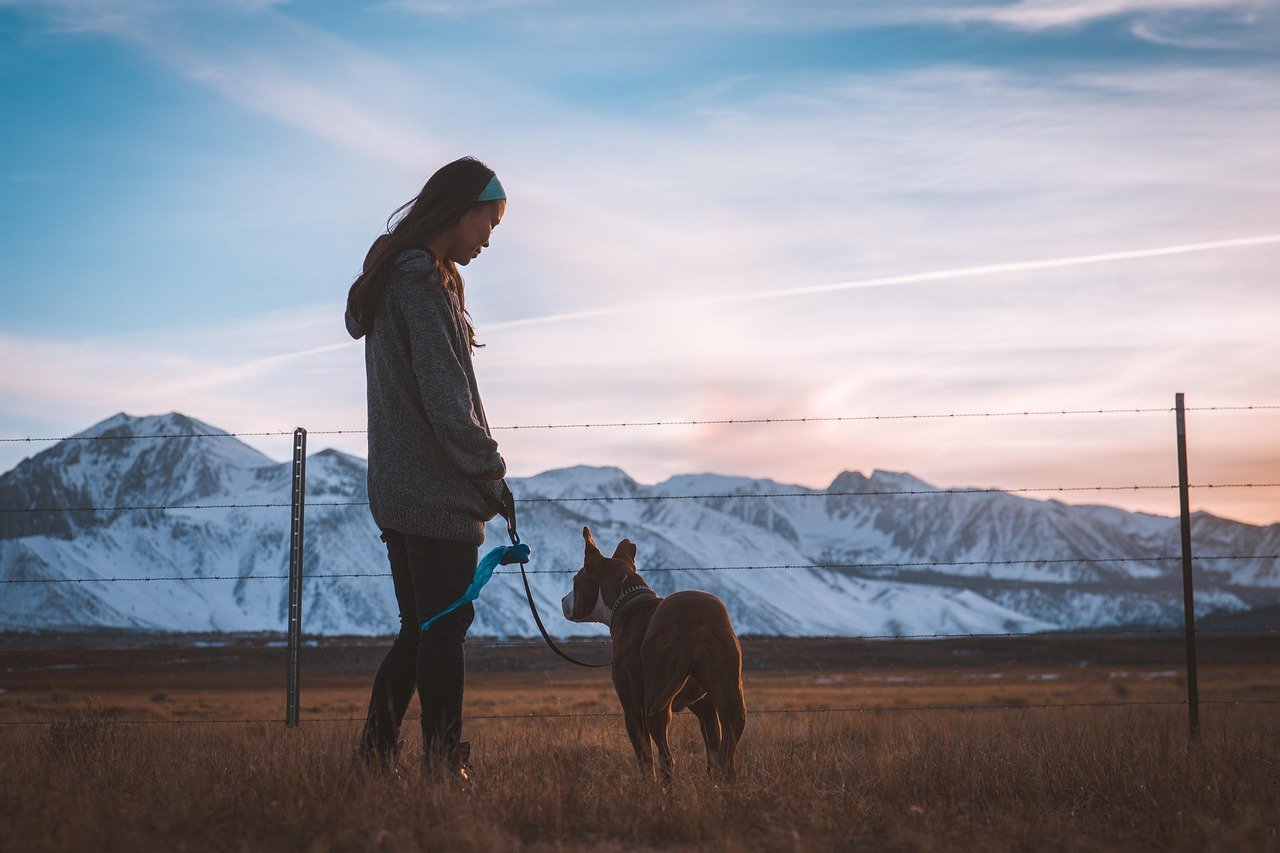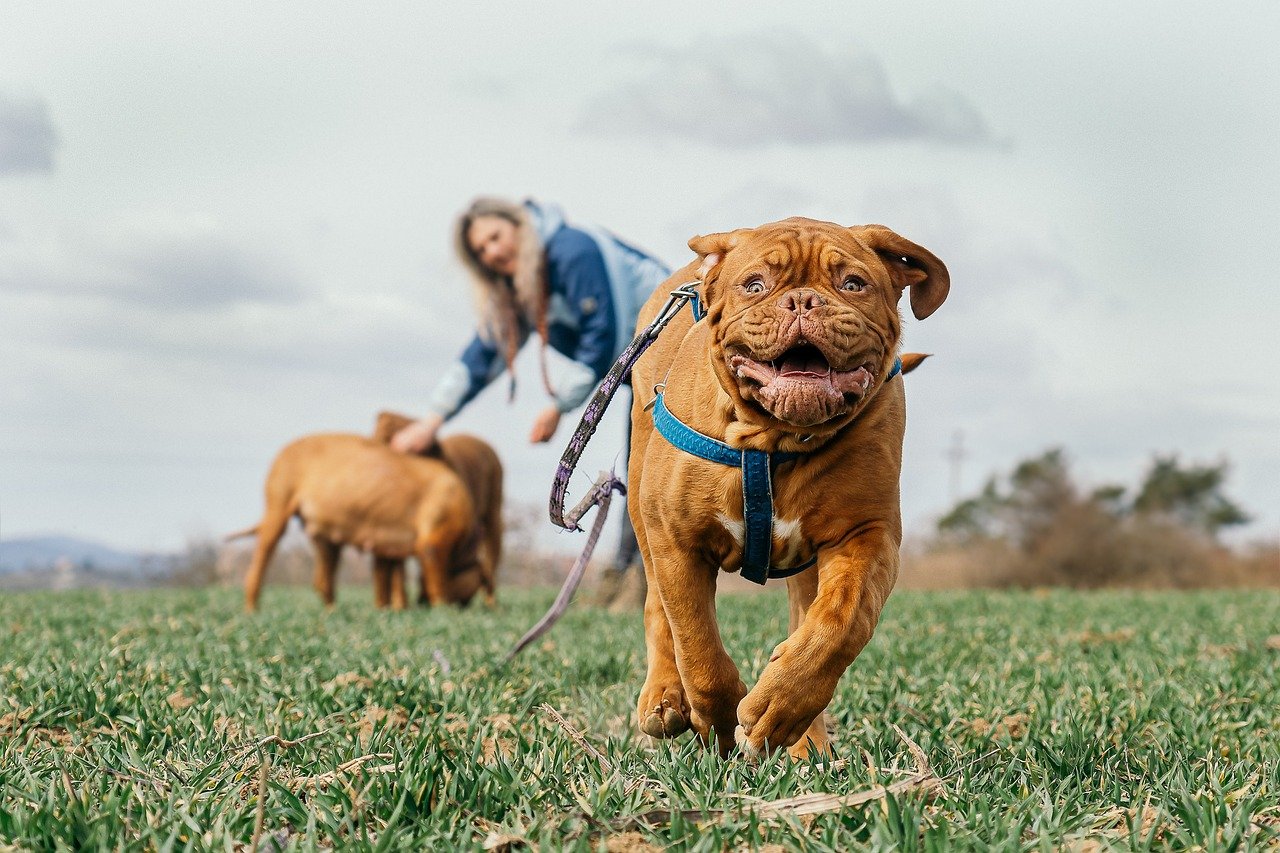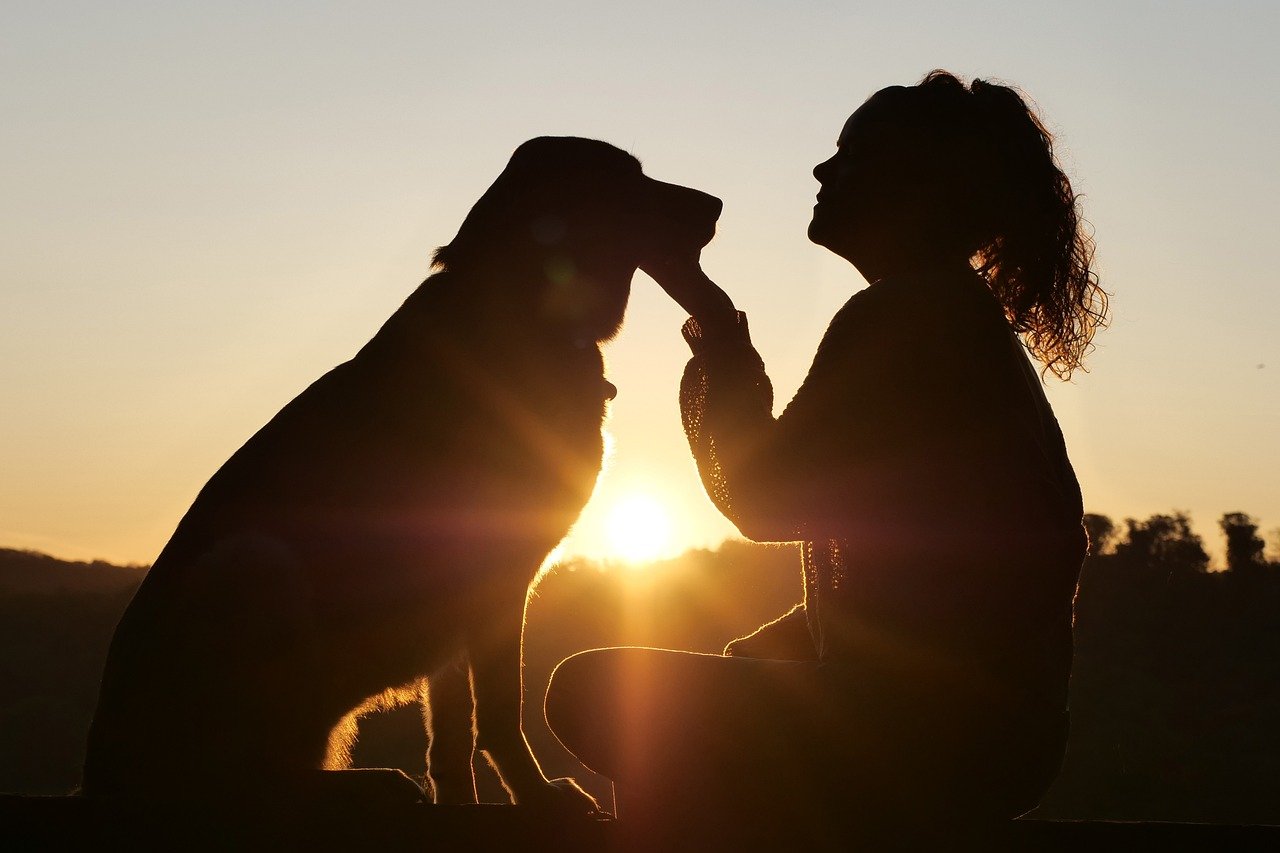Have you ever gazed into your dog’s eyes and wondered just how deep their loyalty runs? It’s a feeling that tugs at the heart—the belief that our furry companions would follow us to the ends of the earth. But what if I told you that much of what we think we know about dog loyalty is tangled up in myths and half-truths? The truth about our pups’ devotion is both more fascinating and more complicated than we often imagine. Let’s dig into some surprising, sometimes hilarious, and always eye-opening myths about dog loyalty that every dog lover should know.
Myth 1: Dogs Are Loyal to Only One Person
Dogs are often celebrated as the epitome of loyalty—faithful companions who love unconditionally and follow their humans anywhere. While there’s no denying the deep bond many dogs share with their owners, our understanding of canine loyalty is sometimes clouded by myths, assumptions, and romanticized beliefs. These misconceptions can lead to unrealistic expectations and even misunderstandings about dog behavior.
It’s a classic image—the loyal dog who adores just one person and ignores the rest of the world. While it’s true that some breeds or individuals can form a tight bond with a favorite human, most dogs are much more social than that. Dogs are pack animals at heart, and their loyalty can stretch to several family members, not just one. If you’ve ever seen your dog wagging its tail for your kids, your partner, or even your neighbor, you know just how generous their affection can be. Many dogs thrive in households with multiple people, spreading their love and loyalty around like sunshine. This myth likely comes from stories about “one-person dogs,” but in reality, most pups are happy to expand their circle. Think of your dog as that cheerful friend who’s always up for a group hug—not a brooding lone wolf.
Myth 2: Loyalty Is Hardwired and Can’t Be Changed

Some people believe dogs are born loyal, as if it’s stamped into their DNA and never changes. But loyalty isn’t a fixed trait—it’s something that grows and changes with experience. Just like people, dogs build trust and affection over time through positive interactions, consistency, and kindness. If a dog moves to a new home or loses a beloved owner, it can absolutely develop loyalty to new people. Training, socialization, and everyday care all shape a dog’s devotion. It’s like a garden—if you nurture it, loyalty will blossom and grow, even if it didn’t seem strong at first. So, if you’ve adopted an older dog, don’t worry—you can still earn their trust and loyalty.
Myth 3: Dogs Are Loyal No Matter What

Would your dog stand by you through thick and thin, no matter what you did? This myth paints dogs as endlessly forgiving, but the truth is, dogs are sensitive creatures. If they’re mistreated or neglected, their loyalty can fade. Dogs respond to kindness, consistency, and respect. If a dog’s basic needs aren’t met, or if they’re treated harshly, their trust can break. Loyalty isn’t a magic switch—it’s a relationship that needs care. Dogs remember who treats them well and who doesn’t, much like humans do. So while their loyalty is powerful and heartwarming, it’s not unconditional or immune to bad treatment.
Myth 4: Loyalty Means Obedience

Some people think that a loyal dog will always obey every command, tail wagging and eyes shining. But obedience and loyalty aren’t the same thing. A dog can be deeply loyal to you but still ignore your order to “sit” if a squirrel runs by, or bark at the mail carrier even if you say “quiet.” Loyalty is about trust and affection, not robotic obedience. In fact, some of the most loyal dogs are also stubborn, independent thinkers. Just like a loyal friend might argue with you, a devoted dog might have a mind of their own.
Myth 5: All Breeds Are Equally Loyal

It’s tempting to say “all dogs are loyal,” but the reality is more nuanced. Some breeds, like Akitas or German Shepherds, are famous for their strong bonds with their owners, while others, like Beagles or Huskies, are often more independent. But even within breeds, every dog is an individual—one Golden Retriever might be glued to your side, while another prefers to explore the backyard. The environment, upbringing, and daily interactions play a huge role. Breed can influence loyalty tendencies, but it’s far from the whole story. For every breed stereotype, there’s a dog ready to prove it wrong.
Myth 6: Loyalty Is the Same as Love

It’s easy to mix up loyalty and love, but they aren’t identical. Loyalty is about sticking by someone, while love is about warmth, affection, and emotional connection. A dog might be loyal to a person out of habit or routine, even if the relationship isn’t especially loving. On the flip side, a dog can show great love—cuddling, licking, and wagging—while still wandering off if something more interesting catches their eye. Dogs are complex creatures, and their emotional lives are richer than we often realize. Recognizing the difference between loyalty and love helps us understand and appreciate our pups even more.
Myth 7: Loyalty Means a Dog Will Never Run Away

We’ve all heard the heartbreaking stories of dogs who run away, and some people think a loyal dog would never do such a thing. But the truth is, even the most devoted pup can dash off if scared, curious, or tempted by something irresistible. Loud noises, an open gate, or the scent of a squirrel can override even the strongest attachment in a moment. Dogs don’t run away because they love you less—they’re just following their instincts. The best way to keep your loyal friend safe is with secure fences, leashes, and lots of training.
Myth 8: You Have to “Assert Dominance” to Earn Loyalty

The idea that you must be the “alpha” to win your dog’s loyalty is outdated and, honestly, a little harsh. Dogs don’t need to be dominated—they need to be understood. Loyalty grows from trust, not fear. Positive reinforcement, patience, and gentle leadership build real devotion. Think of it this way: would you feel loyal to a boss who barks orders, or to a friend who cheers you on? Dogs are much the same. The best relationships are built on mutual respect, not dominance.
Myth 9: Rescue Dogs Can’t Be Loyal

There’s a lingering myth that rescue dogs, especially those with tough pasts, can’t be loyal or attached. This couldn’t be further from the truth. In fact, many people say their rescue dogs are the most devoted companions they’ve ever had. It might take time for a rescued pup to trust again, but with love and patience, they can form deep, lasting bonds. Some say it’s like a second chance at happiness, and the gratitude shines in their eyes. Every dog, no matter their background, has the capacity for loyalty.
Myth 10: Loyalty Is All a Dog Needs

Loyalty is wonderful, but it’s not enough on its own. Dogs need exercise, mental stimulation, training, and lots of affection. A loyal dog who’s bored or lonely can develop bad habits, from chewing shoes to barking non-stop. Building a happy relationship with your dog means meeting all their needs, not just relying on their loyalty. It’s a beautiful partnership, where both sides give and receive. Your dog’s loyalty is a gift, but it flourishes best when it’s part of a full, loving life together.
Dog loyalty is real, but it’s often more complex—and more grounded in behavior and environment—than popular myths suggest. Understanding what truly motivates your dog’s actions can deepen your bond and help you become a more empathetic, responsible pet owner. By letting go of romanticized misconceptions and embracing the science behind canine behavior, you can build a relationship based on trust, communication, and mutual respect. Loyalty isn’t about blind devotion—it’s about the consistent care and connection you cultivate with your dog every day.

Andrew Alpin from India is the Brand Manager of Doggo digest. Andrew is an experienced content specialist and social media manager with a passion for writing. His forte includes health and wellness, Travel, Animals, and Nature. A nature nomad, Andrew is obsessed with mountains and loves high-altitude trekking. He has been on several Himalayan treks in India including the Everest Base Camp in Nepal.






